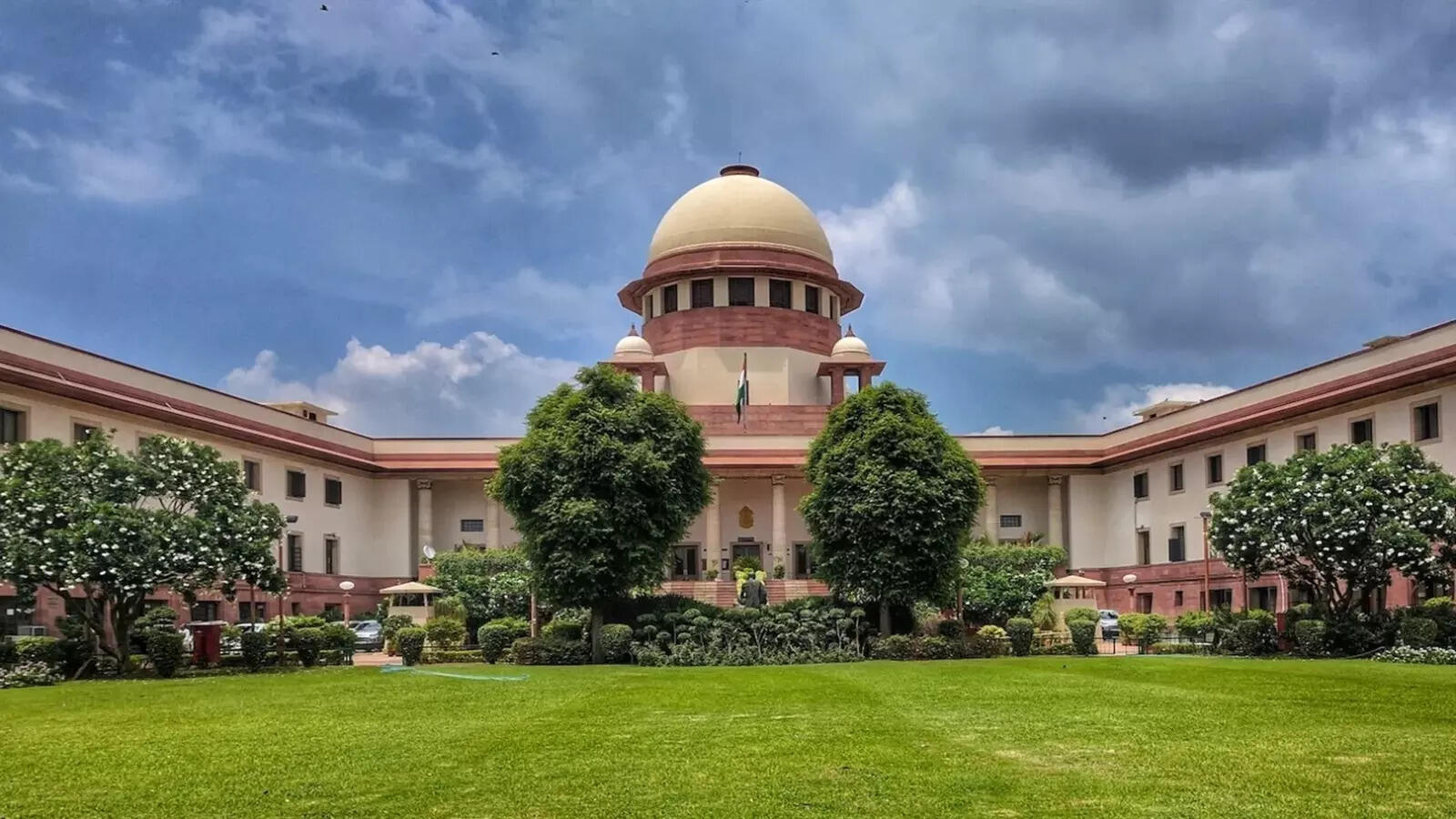
The Supreme Court on Wednesday observed that if a governor decides to “withhold” a bill passed by a state legislature without even asking the latter to reconsider or modify the bill, it would be “counterproductive to the powers of governor and the legislative process“.
The Constitution bench headed by CJI BR Gavai, presiding over a presidential reference case on whether SC can lay down timelines and procedures for the president and state governors, also questioned whether the governor can be vested with the power to permanently withhold assent to a bill.
Speaking for the five-member bench, the CJI verbally remarked: “In case a governor has the power to permanently withhold assent to the bills passed by the state legislature, it would leave the elected state government at the whims and fancies of an unelected governor.” The CJI further added that the governor will then have ample powers to sit over bills and withhold it for time immemorial.
Speaking about the power of discretion of governors, the CJI verbally remarked “We have seen recent examples where governors have used discretion leading to so many litigations.” He added the “presumption always is that those holding constitutional office would act in bonafide”.
Weighing in, justice Surya Kant orally remarked that the governor ought to give reasons for withholding a bill: “Otherwise how would a judicial review happen?”
Justice Kant said: “If we are talking about wider powers of the governor then why this curtailment? What prevents him from returning it (to the state legislature) with the message (his objections on a bill).”
Appearing on behalf of the Centre, solicitor general Tushar Mehta argued that under Article 200 of the Constitution, a governor can withhold assent to a bill, making it “fall through” with no option to send it back to the legislature. He contended that the office of governor or president is not merely a “post man”. Mehta added that a governor is “not powerless”. Elaborating, he contended “an individual indirectly elected is no lesser than an individual who is directly elected”.
The bench queried about the “meaning” of the word “withhold” and whether any debate has taken place on “withhold” in the Parliament. The bench also verbally remarked that the interpretation of the Constitution “cannot be static”.
The solicitor general also argued that a governor’s power to withhold is to be used rarely. “Governor…represents the Union of India, appointed by the president. The president is elected by the entire nation by way of the entire election and that is also a way of democratic expression,” he submitted.

